Oslo, Norway’s capital city, isn’t often the first city people think of when choosing a potential winter city break destination. But, as we discovered on our recent trip to Oslo in winter, perhaps they should.
We spent five nights in the city in early January and quickly discovered there’s a surprisingly high number of things to see and do. Most are not weather dependent and can be done at any time of year, whereas a handful are more suited to a visit in winter.
In this guide, which is based on our own experiences of visiting Oslo in winter, we list all the things we got up to and recommend. If you’re planning to visit Oslo in winter, this travel guide is for you.
This post contains affiliate links. Find out more in our Privacy Policy.
Plan & Book your trip
Getting there: Find great train fares with Trainline. Find and book bus tickets with BusBud. If you need to fly, find great prices and lower emission flights with Skyscanner.
Where to stay: For hotels and all other types of accommodation, use Booking.com and/or Hotels.com. For holiday homes, use Vrbo.
Things to do: To find things to do, we like using GetYourGuide, Viator and/or Klook.
Is Oslo worth visiting in winter?
Yes, without any hesitation.
Oslo is a great city to visit at any time of year with a considerable number of things to see and do. Some of the things listed below in our travel guide can only be done in winter or are better suited to colder conditions.
In addition, Norwegians are adept at dealing with ice and snow and the city just keeps on running regardless. Our visit coincided with the lowest ever recorded temperature in Oslo (-30°C) and the trams and buses just kept running as usual. So, you needn’t worry that your plans be scuppered during your winter city break.
Things to do in Oslo, Norway
Discover great things to see and do in Oslo with GetYourGuide.
Read more: How To Be Vegan in Oslo, Norway (+ 9 Best Vegan-Friendly Cafes & Restaurants)
Watch our travel vlog on Oslo
Our Oslo travel vlog contains many of the things included in this travel guide. Both were created to be used in tandem to help you plan your future trip to Oslo.
Our recommended things to do in Oslo in winter
All the things to see and do in this Oslo travel guide have been tried and tested by us in person and come with our genuine recommendation. We take pride in writing our travel guides with honesty, integrity and without assistance from AI.
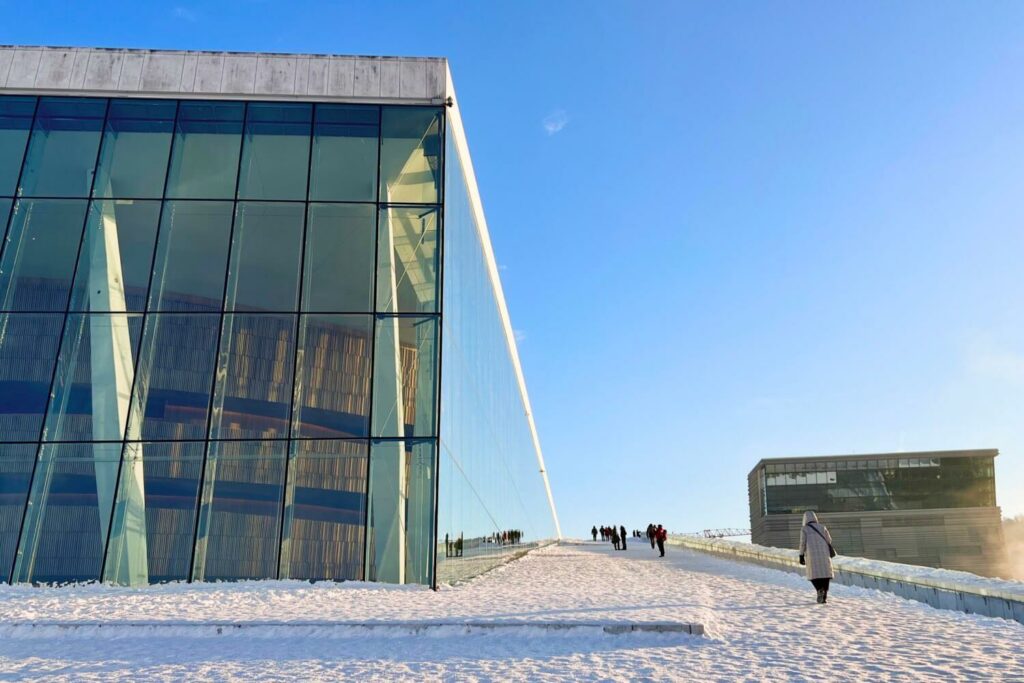
Head to the roof of the Opera House
Address: Kirsten Flagstads Plass 1, 0150 Oslo, Norway
Visit Website
Opened in 2008, the Opera House in Oslo (Operahuset) is an angular confluence of glass and concrete which was designed to be walked all over. Sloping rooves emerge from the adjoining promenade, leading visitors up to splendid views of the city skyline and the sparkling waters of Oslofjord.
Visitors are welcome to head inside the opera house too, where you can admire the wooden architecture, warm up with a coffee at the cafe and perhaps make use of the free toilets.
Entry to the opera house’s roof is completely free.
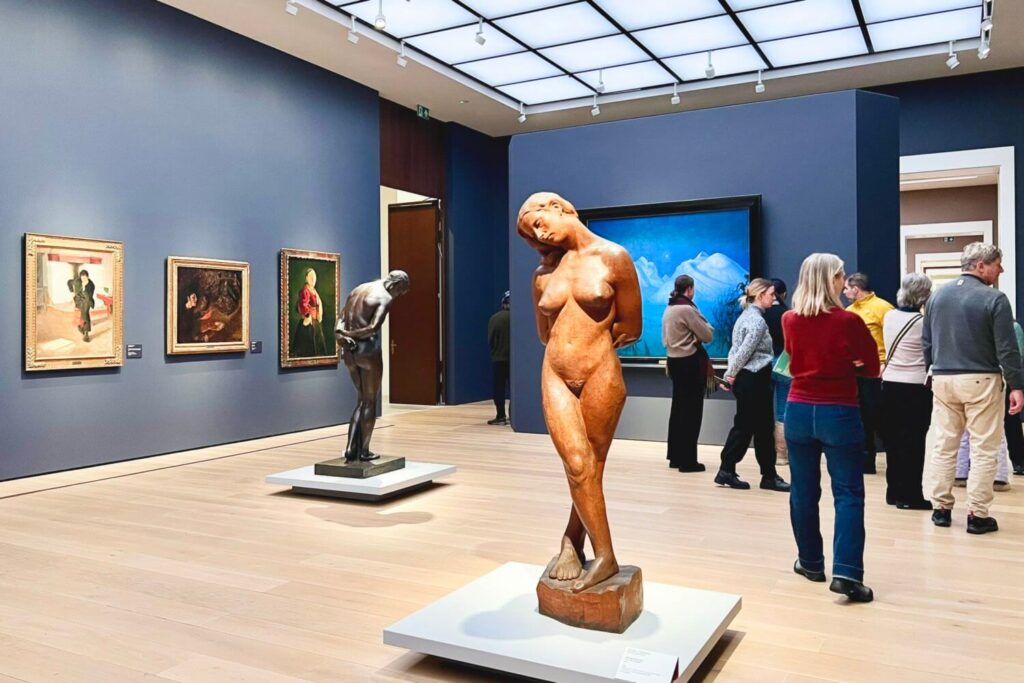
See Munch’s Scream at the National Museum
Address: Brynjulf Bulls plass 3, 0250 Oslo, Norway
Visit Website
Oslo’s fantastic National Museum of Art, Architecture and Design opened in 2022 and is Norway’s largest collection of public art. Here you’ll see thousands of historic and contemporary artworks by Norwegian and international artists.
One of the headline pieces is the original 1893 Scream painting by Edvard Munch, set amidst many of his other works in a dedicated gallery.
Closed on Mondays. Cafes on site, though slim picking for vegans. Pretty high entry price, but well worth it.
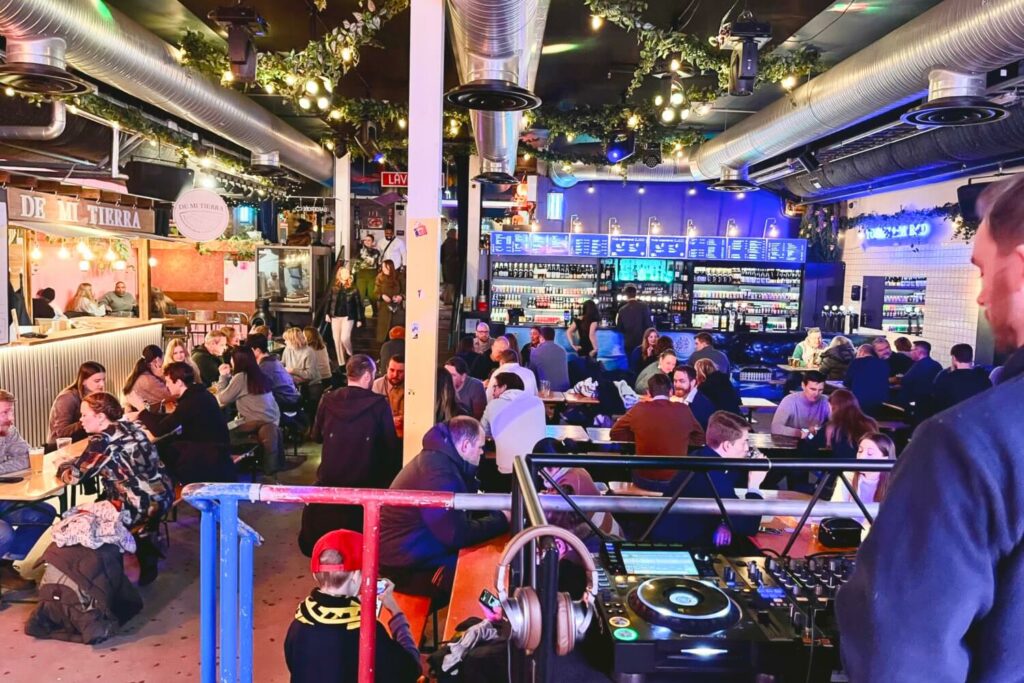
Dine out at Oslo’s street food halls
Street food fans will be pleased with Oslo’s offerings - there are three great food halls to visit with some decent vegan options. Oslo Street Food and Barcode Street Food are pretty similar, offering a variety of kiosks and seating options with live DJs providing backing music. SALT is a little different in that it’s outdoors and offers a live music stage and even an on-site sauna.
Regardless of which of the three you end up visiting, you’re sure to have a great time provided you ignore how expensive everything is.
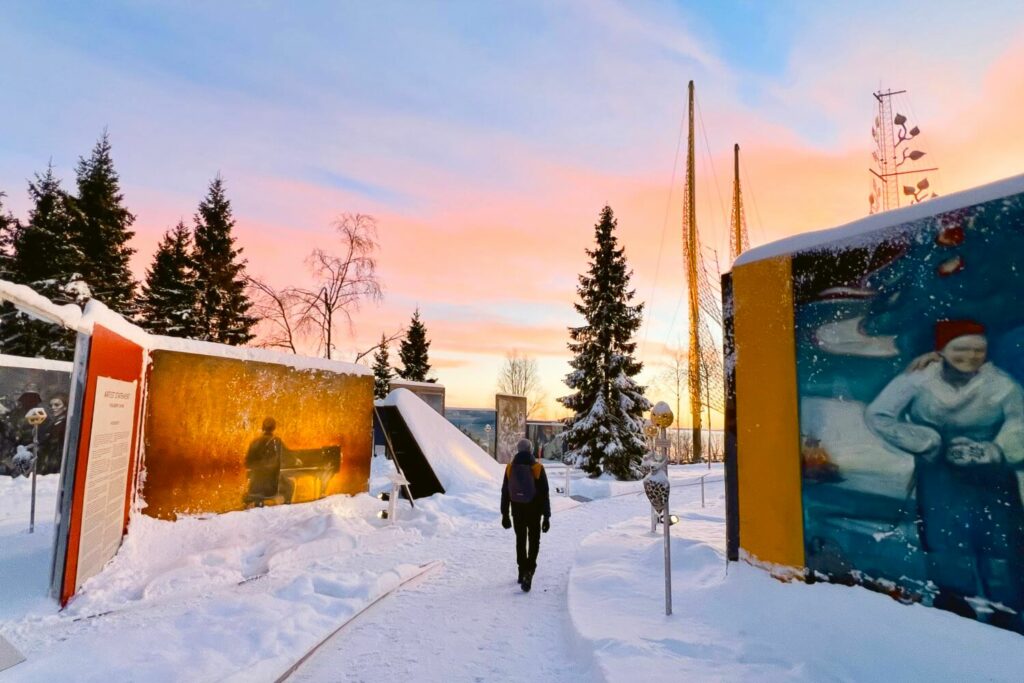
Celebrate freedom & democracy at the Rose Castle
Address: 0791 Oslo, Norway
Visit Website
At the end of line 1 on Oslo’s metro system is the Rose Castle.
Opened in 2020, this beautiful open air art installation is a dedication to democracy and freedom. Five golden constellations symbolise the five years of occupancy that Norway endured during World War 2.
Around them are around 300 pieces of art that tell the story of those who stood their ground and resisted the occupier’s subjugation and totalatarianism.
Just before sunset is the best time to visit, when the sky helps to create a beautiful and sobering atmosphere.
Tickets can be bought on arrival on in advance on GetYourGuide.
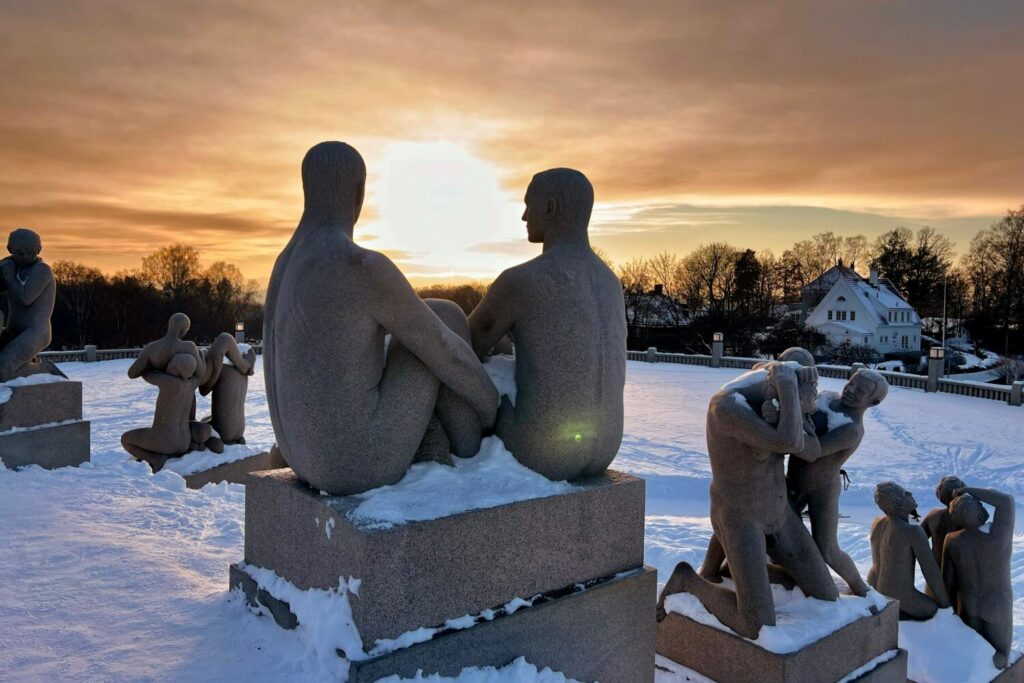
See Vigeland’s sculptures at Frogner Park
Address: Nobels gate 32, 0268 Oslo, Norway
Visit Website
Gustav Vigeland is perhaps Norway’s most celebrated and well-known sculptor. His unique style is instantly recognisable and over 200 of his works are on show for free in Frogner Park (Frognerparken), to the north-west of Oslo city centre.
The main attraction in the park is the Monolith (Monolitten), a needle-like piece made up of 121 human figures.
Trams and buses stop close to the main gates to the park, with a journey time of around ten minutes from the city centre.
Go sledging down the Korketrekkeren
Address: Holmenkollveien 201, 0791 Oslo, Norway
A visit to Oslo in winter is not complete without sledging down the city’s most popular toboggan run, the Korketrekken (the Corkscrew).
The run starts at Frognerseteren metro station, at the end of Line 1. From the station, walk downhill until you arrive at a car park. Here, there are two places where you can hire sledges for around 100-150 NOK for the day (we hired ours from Skiservice). Helmets are included.
The run is 2km long and it takes around 10 minutes to complete. At the bottom of the run, you’ll find Midtstuen metro station, where you can catch a train back up to the top.
You’ll want to sledge down the run at least three times, so a 24 hour travel ticket is definitely worth getting.
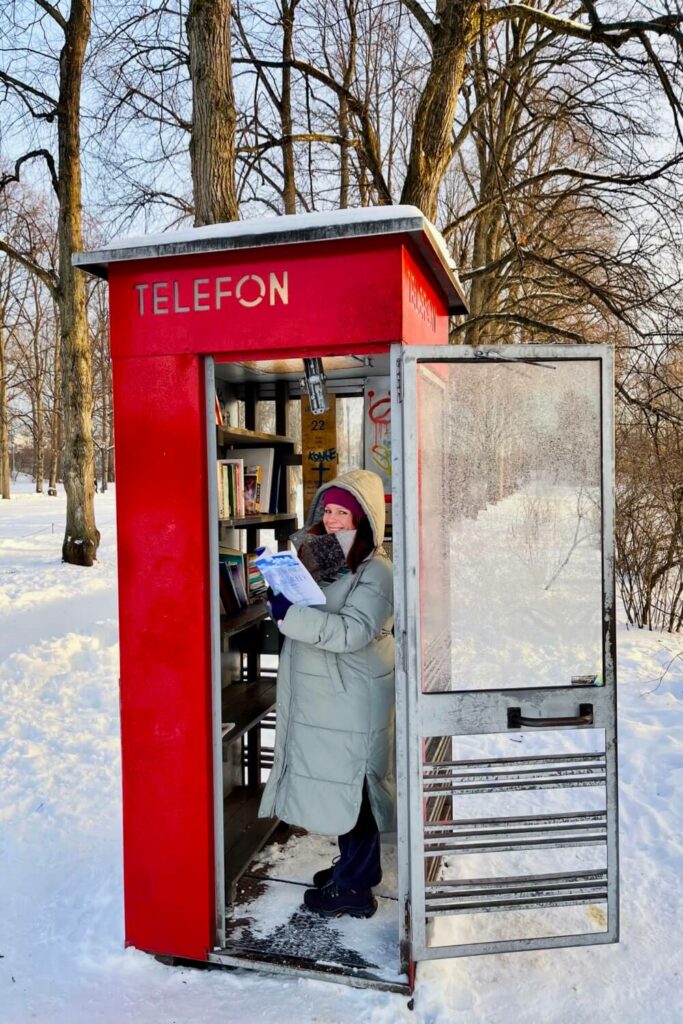
Exchange books in a public telephone box
Many of Oslo’s red public telephone boxes (Telefoon) have now become free book exchanges. Run on a honesty system, simply head inside and swap books you’ve read for ones left behind by other readers that pique your interest.
As you might expect, most books are written in Norwegian, but you should find several in English too.
If you have trouble tracking down the telephone boxes as you wander around the city, there’s a map on the Telenor Cultural Heritage website.
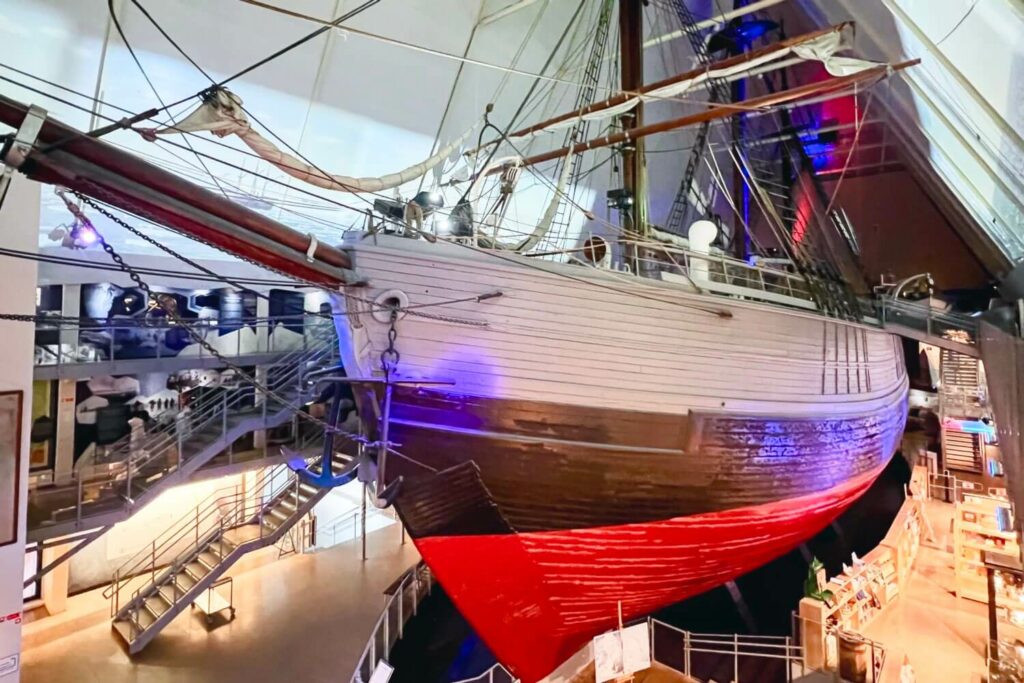
Board a Norwegian polar expedition ship at the Fram Museum
Address: Bygdøynesveien 39, 0286 Oslo, Norway
Visit Website
Norway was at the forefront of early European exploration of the arctic and antarctic poles. The Fram Museum tells the story of these polar expeditions, including how they came about and what life was like for the explorers themselves.
The main focus of the museum are its two preserved polar exploration ships, the Fram which between 1893 and 1912 sailed to both poles and the smaller Gjøa which was the first ship to ever traverse the Northwest Passage between the Atlantic and Pacific oceans. Visitors can board both ships and can even go below deck.
From the main deck of the Fram, projections on the surrounding walls and accompanying audio soundscapes attempt to demonstrate what it might have been like to sail through stormy seas and underneath dazzling aurora displays.
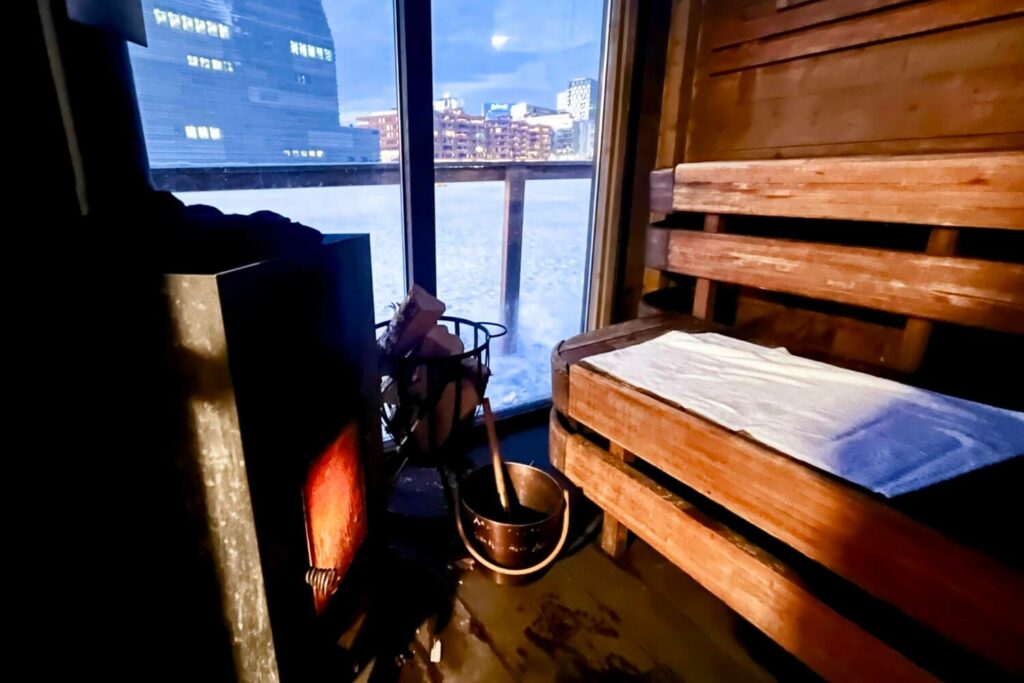
Warm up at a self-service sauna
Address: 0150 Oslo, Norway
Visit Website
Unlike in Finland, Norway doesn’t have an omnipresent sauna culture. Despite this, there are still sauna’s in Oslo city centre.
For a unique sauna experience that gives back to the local ecosystem, we recommend giving the sauna operated by Fjord CleanUP a try.
Bookings at this entirely self-service sauna are essential (via the website) with all proceeds going towards the organisation’s efforts to keep Oslofjord clean. The sauna is powered by a wood furnace with logs and firelighters provided. It can take some time for the sauna to warm up from scratch, so expect to stay for your entire two hour slot. If you’re not familiar with lighting fires, perhaps do some research beforehand.
There are shared changing rooms, but don’t expect much in the way of privacy. During winter, a hole in the ice is maintained for essential cold plunges into the fjord.
This isn’t a luxury experience by any means, but it is fun and unique with the added benefit of helping to fund important environmental work. A great way to warm up and meet new people during your visit to Oslo in winter.
Even more things to do in Oslo in winter
Even with five nights in Oslo, we still only scratched the surface of what the Norwegian capital has to offer. Here are some more things that we would have done had our trip had been longer.
- The recently reopened Holmenkollen Ski Museum & Tower is a landmark of Oslo and is touted as offering the best panoramic views of the city.
- The are a number of options for boat tours and cruises with many of them departing from the docks at Aker brygge. If we had time, we’d have gone on a sightseeing cruise aboard the 100% electric boat.
- Oslo is a very walkable city, even in winter. If your time in Oslo is tight, you might find it useful to embark on a walking tour. Both GetYourGuide and Guruwalk have a number of walking tour options to choose from.
Read more: How To Be Vegan in Oslo, Norway (+ 9 Best Vegan-Friendly Cafes & Restaurants)
Plan & Book your trip
Train tickets: Find great train fares with Trainline.
Bus tickets: Find and book bus tickets with BusBud.
Flights: If you need to fly, find great prices and lower emission flights with Skyscanner.
Hotels: For hotels and all other types of accommodation, use Booking.com and/or Hotels.com.
Rentals & holiday homes: For holiday homes, use Vrbo.
Insurance: Don’t forget to insure against the unexpected. We’ll have a recommendation for an insurance provider here soon.
eSims: You’ll need a data plan on your mobile. Using a local sim is usually cheaper than using your existing sim. If your phone supports eSims, they’re a great hassle-free option. Check out Airalo to search for deals.
Things to do: To find things to do, we like using GetYourGuide, Viator and/or Klook.
